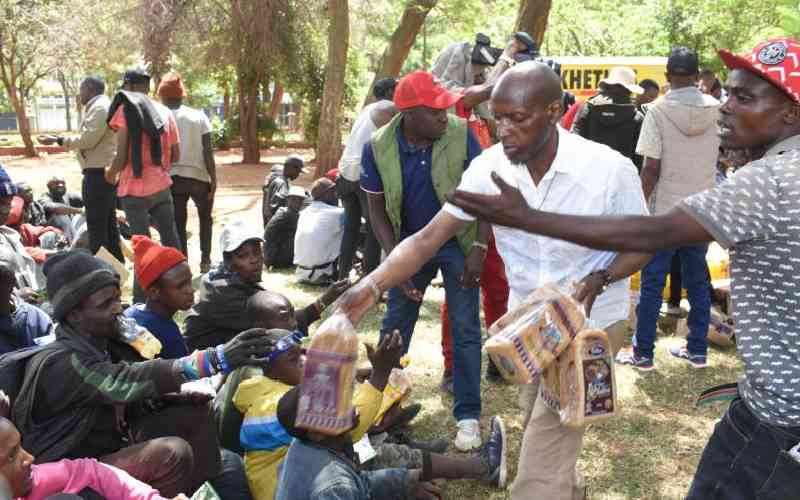×
The Standard e-Paper
Kenya’s Boldest Voice

In a rare outburst, Deputy President Rigathi Gachagua cried out to have been reduced into a beggar. He publicly expressed the humiliation he felt for reaching out to even our former colonial masters to beg for food on behalf of the suffering masses.
In a functional democracy, anyone would be able to identify with his anguish. I have said here before that it is a national shame that we cannot feed our people after 60 years of self-rule.